新人教版高中英语必修2Unit 4 History and Traditions-Listening&Speaking&Talking教案二
-
- 页数:5页
- 字数:约 8013 字
- 大小:327.69KB
- 格式:.docx
- 版本:Office2016及以上版本
- 作者:Mu
Unit 4 History and Traditions-Listening&Speaking&Talking教学设计
Listening andSpeaking introduces the topic of “Take part in a youth project”.
The listening textis an interview about "sharing views on historical sites". Throughlistening to a dialogue between Chinese and foreign students on the way to theConfucius Temple, students can understand their views on the Confucius Temple, Confucius,Confucius descendants and Confucius educational thoughts, so as to realizeand think about the profound influence of Confucius and his thoughts on Chinesehistorical tradition. At the same time, the dialogue naturally integratesEnglish idioms and mentions Shakespeare, the British playwright, so as toprovide language materials and context for students to understand Englishidioms and related cultural allusions, as well as to compare Chinese andforeign cultures, which is helpful for students to understand and express thelanguage such as history, tradition, culture and custom significant impact.

Text analysis:listening text is a dialogue between a British student and a Chinese studentwhen he goes to the Confucius Temple. When William, a British student, visitedthe Confucius Temple, he asked Xiao Kong, a Chinese student, for directions.Xiao Kong was just going to the Confucius Temple to meet with the members ofthe research group, so they went together and exchanged their views on theConfucius Temple, Confucius, Confucius descendants and Confucius educationalthoughts. From the perspective of foreign tourists, this paper describes theirthoughts on Confucius, the great son of Confucius, who had a profound impact onChinese history and cultural tradition, and his education.
Listening andTalking introduces a visit to a historic tourist destination. Tourism is acommon way to understand a countrys history, culture, and customs and so on.Students listen to the dialogue between Xiao Yan, a youth hostel Usher, andPaul, a backpacker, to learn about Pingyaos famous historical and culturalattractions and Pauls travel experience and experience as a foreign tourist.
1. Guide students to understand the content of listening texts in termsof the whole and key details;
2. Cultivate students ability to guess the meaning of words inlistening; discuss with their peers how to talk about historic spots and greatperson.
3. Instruct students to use functional sentences of showing one’sexcitement, surprise and disappointment.
1. Guide students to understand the content of listening texts in termsof the whole and key details;
2. Cultivate students ability to discuss with their peers the relatedtopics.
3. Enable students to use the functional items of showing one’sexcitement, surprise and disappointment.
Part 1: Listening and Speaking
Step 1: Lead in
Share views on historic sites
Before you listen,look at some photos of Qufu. What can you say about these places?
Temple ofConfucius Kong Family Mansion Cemetery of Confucius
Step 2: Prediction
After their smalltalk, the teacher can ask students to predict what the listening text is aboutby looking at the pictures.
The listening textis probably about the introduction of a great educator--Confucius
Step 3:Listen to a conversation between a Britishtourist and a Chinese student in Qufu, and then write down what they say aboutConfucius.
William’s opinions/ facts about Confucius:
1. He is one ofhis favorite __________.
2. He was a__________man.
3. He lived over_____years ago.
Xiao Kong’sopinions / facts about Confucius:
1. Confucius hasover ___million descendants.
2. He was a great______and had many ideas about ________.
3. He was one ofthe ___________minds in history.
1.philosophers 2. wise 3. 2500 4. 3 5.educator 6.education 7.greatest
Step 4: After finishing the task above, theteacher plays the same material again and after finishing listening, thestudents need to solve the following task.
•1. Listen again and decide whether thesestatements are true(T), false(F), or not mentioned (NM). Then answer thequestion.
•1. Confucius said that learning withoutunderstanding leads to confusion. F
•2. Xiao Kong is doing a research projecton Confucius philosophy. F
•3. As one of Confucius descendants, XiaoKongs name is recorded in the family tree. NM
•4. Dacheng Hall is the tallest building inQufu. T
•2. Why do you think William said hishometown was similar to Qufu?
•His hometown doesn’t allow other __________________tobe more ______________________than his historic buildings.
Buildings /noticeable
Step 5: Write down the English idioms thatare used in the conversation. Explain their meanings and think about someChinese equivalents.
English Idioms
Meaning
Chinese equivalent
Achilles’ heel
Something that is someone’s weakness
弱点要害
Pull one’s leg
To joke with someone
戏弄
Fish out water
Someone who feels uncomfortable because they are in an unfamiliar place
如芒在背
Listening tip:
Understand idioms
An idiom is an expression which means something different from the meaning of the individual words. Some idioms present an idea or paint a picture that gives a hint as to the meaning. Other idioms can only be understood from the context in which they appear.
Step 6:Speaking Project
Work in pairs or groups and role play a conversation.
• Discuss the questions in groups.
• 1. What do youknow about Confucius ideas on education? Think of two or three examples.
• 2. What else doyou know about Confucius and his philosophy?
• 3. Think about ahistoric site that you have visited, and give an introduction to its historyand importance.
Part 2: Listening and Talking
Step1:Listen to the tape, which is about Pingyaoancient town for the first time, and then ask the students to solve thefollowing tasks.
Backpacker Paul is talking to a receptionist at an international youthhostel in Pingyao, China. Listen to the conversation and tick the placesmentioned.
•Ming-Qing Street
• Ancient Government Office
•Qiao Family Courtyard
•Wang Family Courtyard
• Rishengchang Bank
• Mount Mian
•the city wall
•Zhengguosi Temple
•Shuanglin Temple
Step 2. Listen once more. Complete thesentences to describe how the speakers felt.
•I had expected something different.
•Paul sounded_________________________
•It was like walking into history.
•Paul sounded_________________________
•It wasnt as big as I had expected.
•Paul sounded_________________________
•Some of the snacks there are amazing.
•Xiao Yan sounded_________________________
•I had no idea there would be so manytourists.
•Paul sounded_________________________
•Wow, I cant believe you didnt see thewall.
•Xiao Yan sounded_________________________
Step 3: Speaking Project
Work in groups.
Imagine one of youhas just visited Pingyao. Work in pairs and role-play the conversation below.Then continue the conversation using the following expressions.
您可能喜欢的文档
查看更多
新人教版高中英语必修2Unit 3 The Internet-Listening &Speaking&Talking教案二
- 页数:5页
- |大小:335.24KB

新人教版高中英语必修2Unit 4 History and Traditions-Reading and Thinking教案二
- 页数:4页
- |大小:117.23KB

新人教版高中英语必修2Unit 1 Cultural Heritage-Listening&Speaking&Talking教案
- 页数:5页
- |大小:246.04KB

新人教版高中英语必修2Unit 3 The Internet-Listening &Speaking&Talking教案一
- 页数:6页
- |大小:149.38KB
热门课件教案
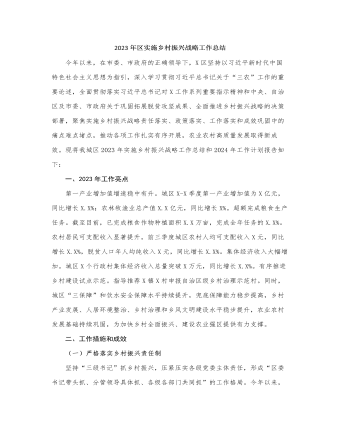
2023年区实施乡村振兴战略工作总结
- 页数:6页
- |大小:27.90KB
- 课件教案
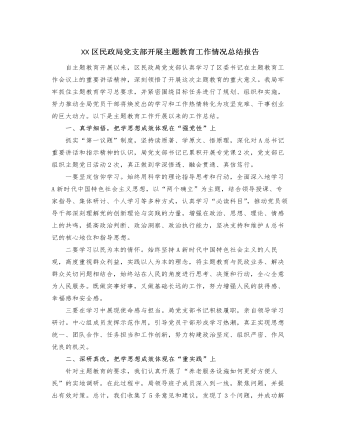
XX区民政局党支部开展主题教育工作情况总结报告
- 页数:3页
- |大小:24.47KB
- 课件教案
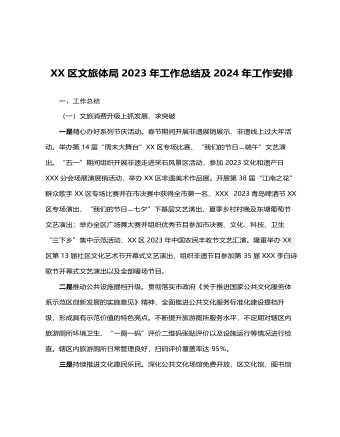
XX区文旅体局2023年工作总结 及2024年工作安排
- 页数:8页
- |大小:32.41KB
- 课件教案
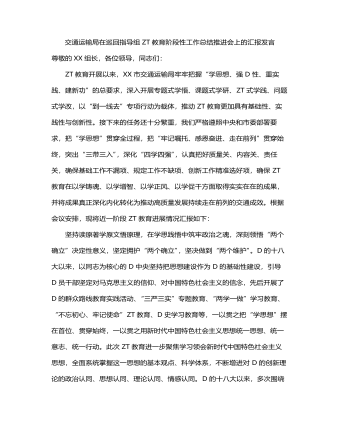
交通运输局在巡回指导组主题教育阶段性工作总结推进会上的汇报发言
- 页数:4页
- |大小:33.41KB
- 课件教案
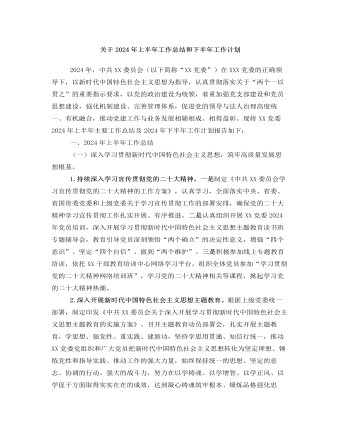
关于2024年上半年工作总结和下半年工作计划
- 页数:5页
- |大小:29.72KB
- 课件教案
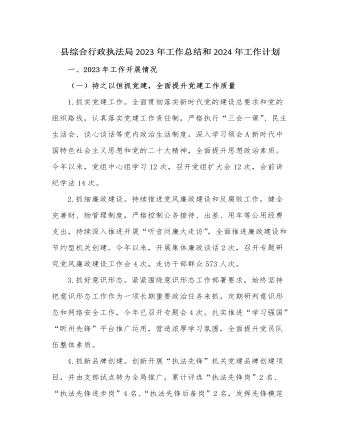
县综合行政执法局2023年工作总结和2024年工作计划
- 页数:8页
- |大小:28.37KB
- 课件教案
今日更新
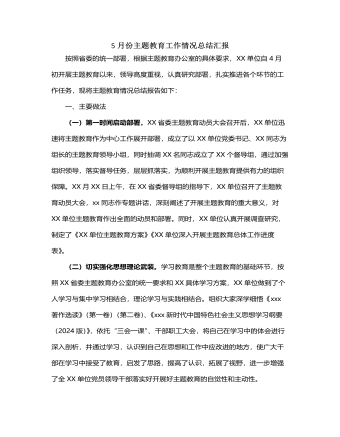
5月份主题教育工作情况总结汇报
- 页数:3页
- |大小:136.87KB
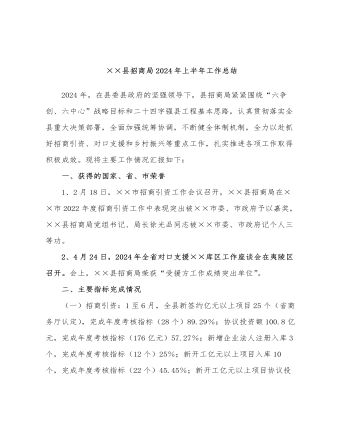
××县招商局2024年上半年工作总结
- 页数:12页
- |大小:142.54KB
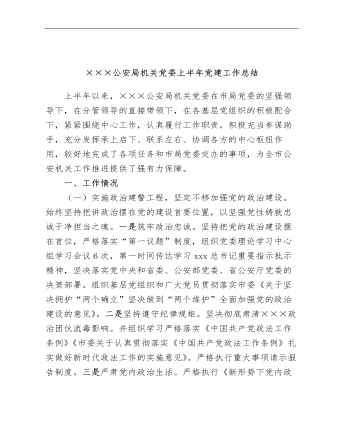
×××公安局机关党委上半年党建工作总结
- 页数:7页
- |大小:186.25KB
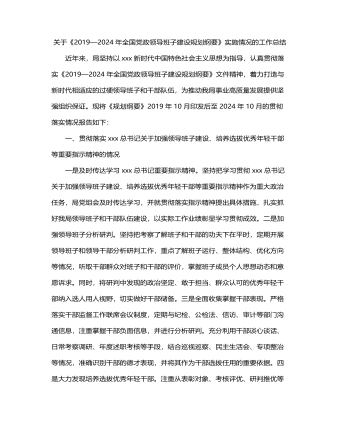
《2019—2024年全国党政领导班子建设规划纲要》实施情况的工作总结3800字
- 页数:6页
- |大小:29.16KB
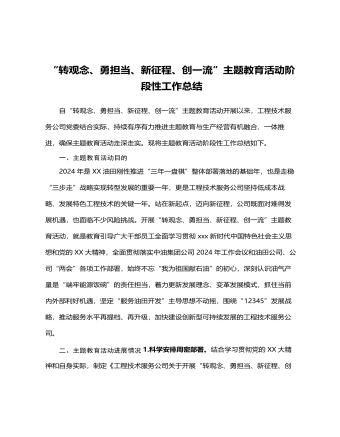
“转观念、勇担当、新征程、创一流”主题教育活动阶段性工作总结
- 页数:3页
- |大小:22.76KB
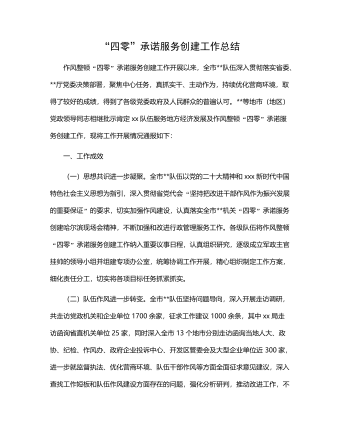
“四零”承诺服务创建工作总结
- 页数:5页
- |大小:39.83KB














